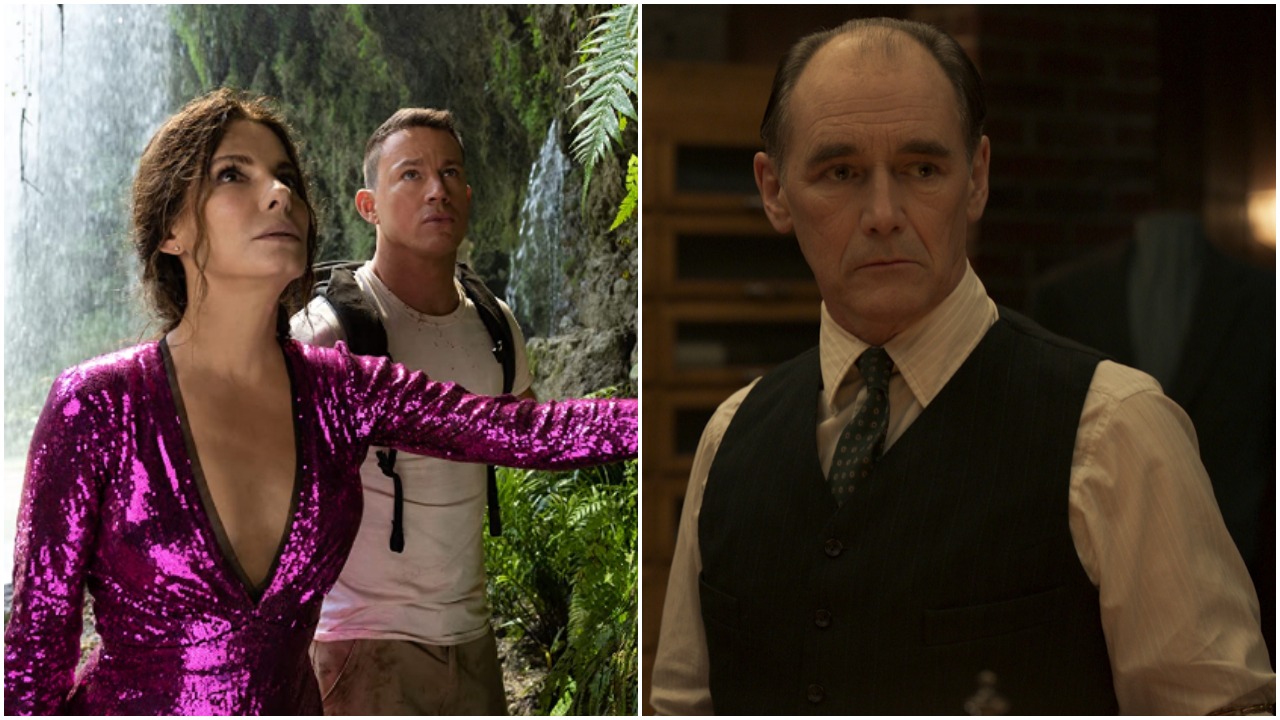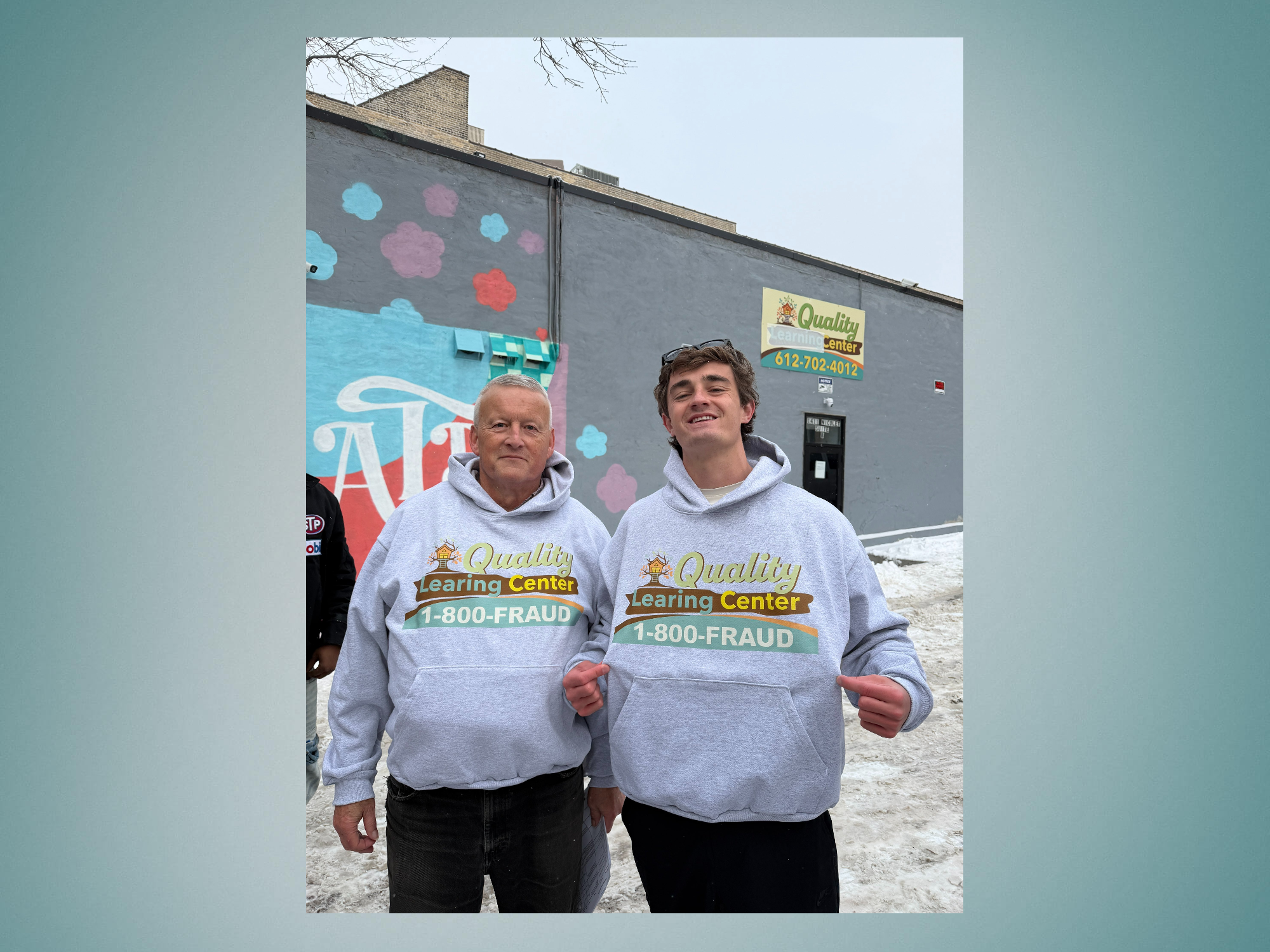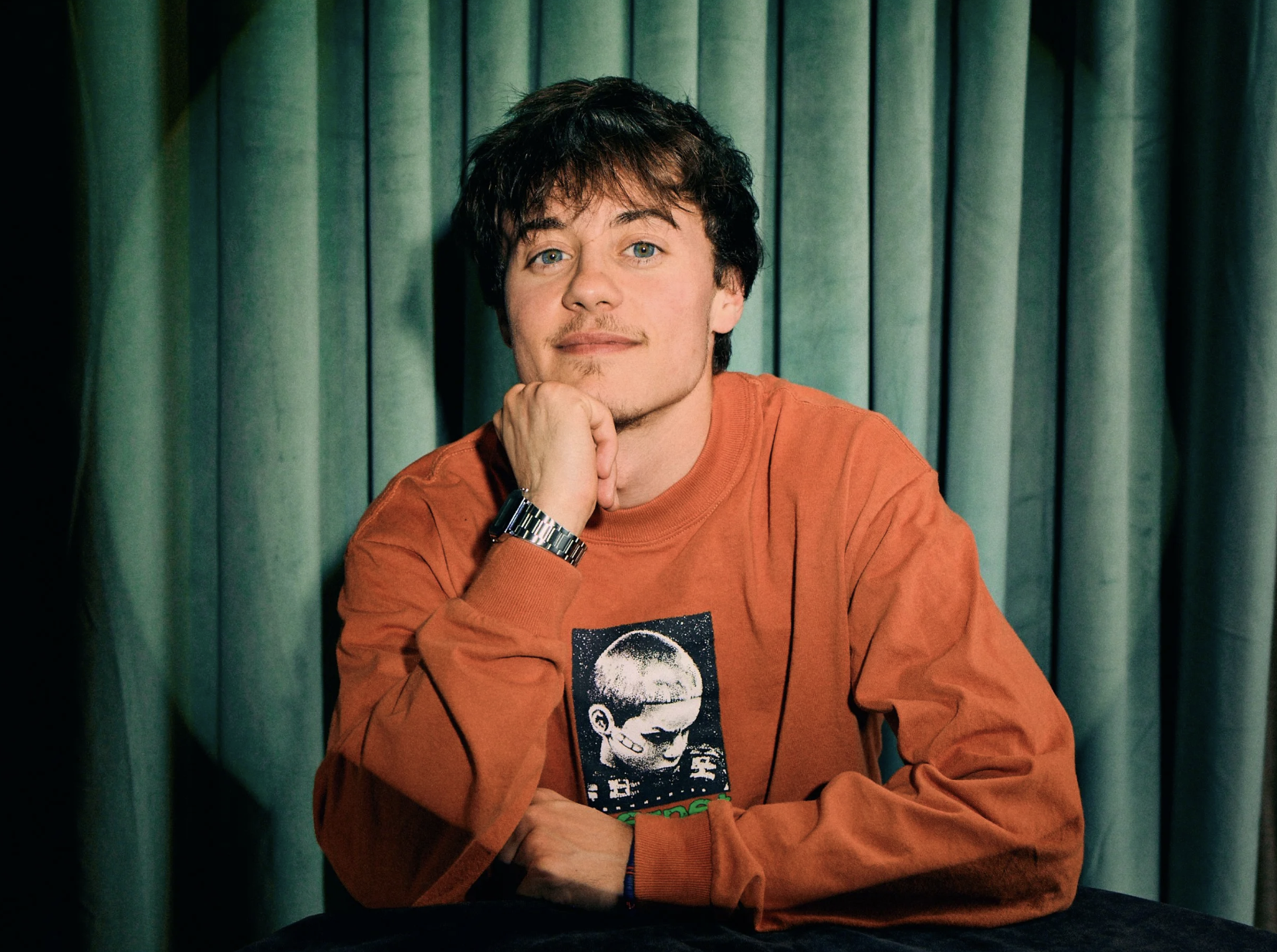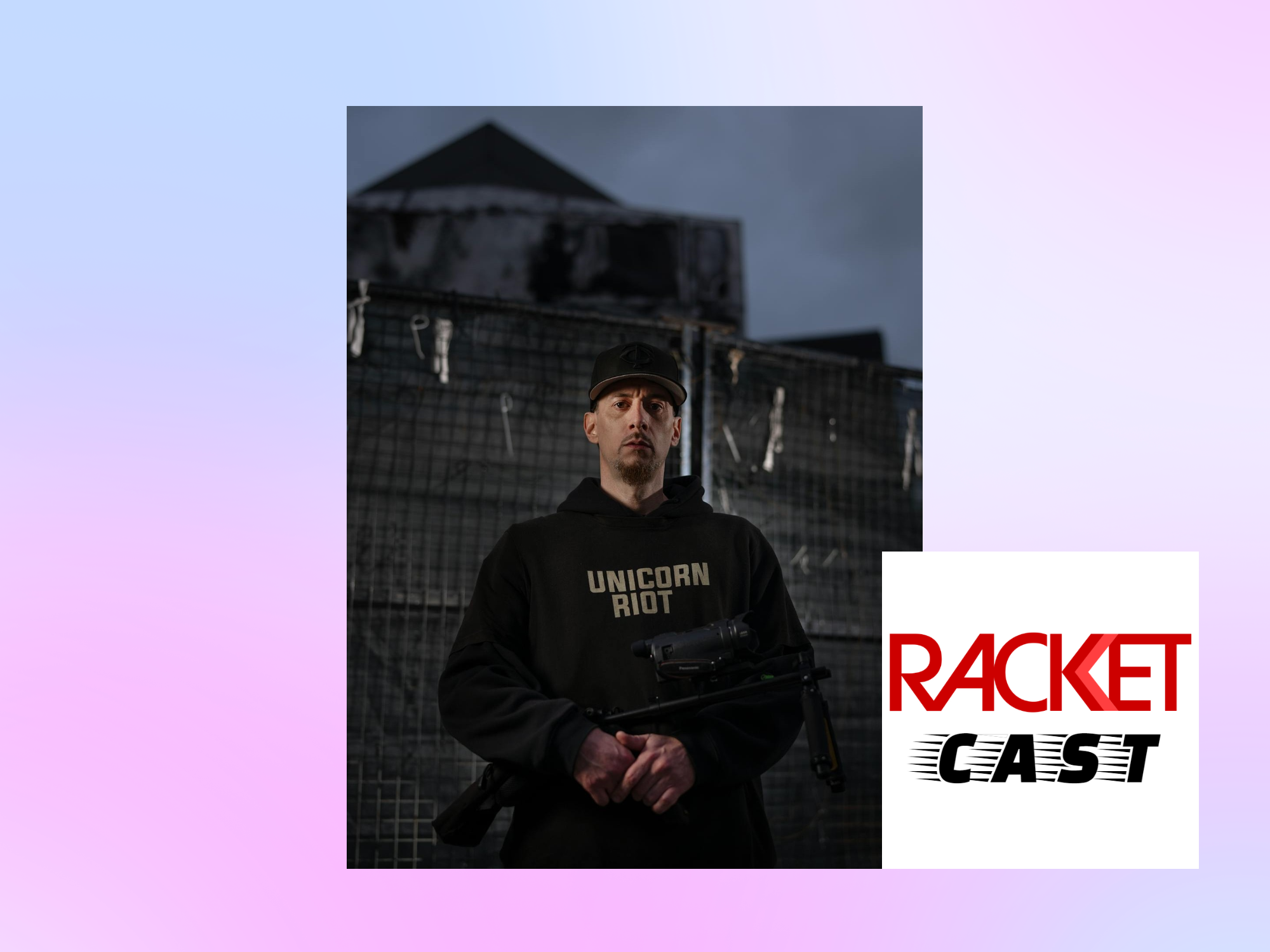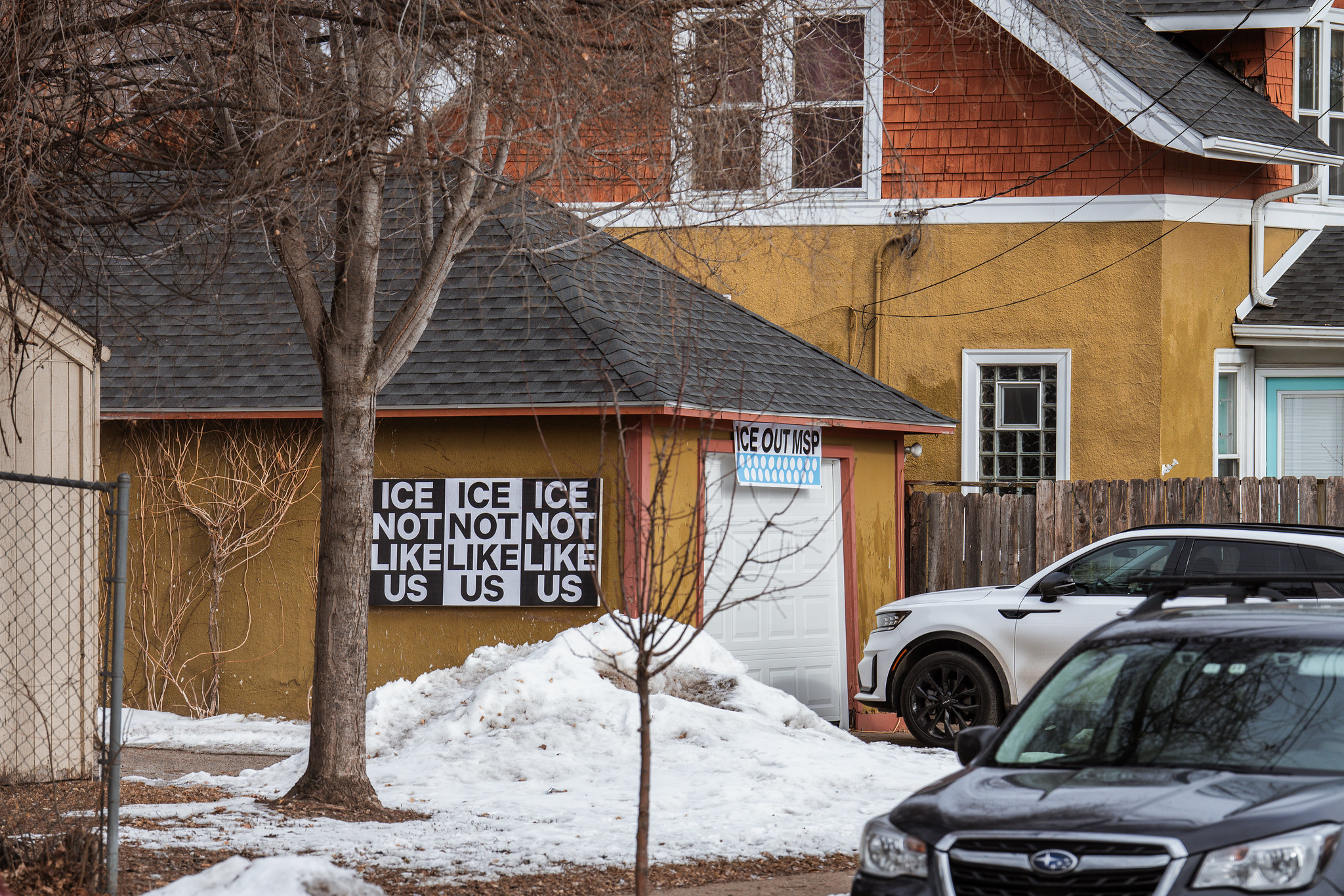We live in an age of diminished expectations. Where, some ask, is the “adult” entertainment—a phrase that once meant letting famous people look unglamorously tired and talk like bored grownups and now extends to any film that doesn’t involve superpowers. (If you’re wondering, it’s on TV, and it demands years of your attention.) I’m even seeing people wax nostalgic for Adrian Lyne movies. (Adrian Lyne!) Whenever you find yourself saying, “Well, it’s just nice that they’re still making movies like this,” that’s when they’ve got you. It’d be nicer if they were better, and the reasons it’s hard to make them good are the same reasons it’s hard to make them.
We also live in a time of diminished Sandra Bullock movies. But in The Lost City, she seems to have found a star vehicle that plays to her comic strengths. (Don’t get too excited: That “seems” is what you might call “foreshadowing.”) Bullock is Loretta Sage, a scholar of ancient civilizations who long ago backed into a career as a highly successful romance novelist that she somewhat snobbishly resents. But now her sales are plummeting, and her agent (Da'Vine Joy Randolph, in a fairly thankless role that requires her to register increasing levels of antic flustration) insists she go on a book tour. Bad news for Loretta, who’s become a shut-in since her husband died.
Worse news: The author will be accompanied on tour by her cover model, Alan Caprison (Channing Tatum), b.k.a. Dash McMahon to Sage’s hornt up fanbase. (“He’s always glistening,” Loretta complains.) He upstages her during their disastrous first appearance together; then poor Loretta, stuffed into a sternum-flaunting, glittery purple jumpsuit (where she will remain for most of the movie), accidentally yoinks off his flowing wig. The two incompatible collaborators have it out afterwards, but before an abashed Alan can apologize, Loretta is kidnapped by Abigail Fairfax (Daniel Radcliffe, as always game for whatever) the dapper, eccentric black sheep of a family of British media oligarchs.
Fairfax has discovered (I’m almost done with the plot stuff, I promise) that the lost city of D that Loretta has written about in her books is real—and she is the only person who can translate the pictograms that will lead him to an ancient treasure. Alan sets out to rescue Loretta, with help from the rugged Jack Trainor (Brad Pitt, who steals the show with a truly great rescue sequence), and then the race is on to discover a tribal king’s forgotten tomb, as Chekhov’s volcano looms off in the distance. In their quest, Loretta and Alan will learn to accept one another, understand themselves, and maybe—just maybe—find romance.
This is a fun, silly premise with charming stars, so old school it thinks glasses make Loretta look nerdy, so tailored to its leads it lets Bullock walk awkwardly in heels and Tatum dance suavely. But directors Adam and Aaron Nee, who also had a hand in the script, have a lot of lot of balls to keep in the air with their romantic adventure comedy. The Lost City is perpetually worried that you won’t get the joke—it’s worst sin is overexplaining Alan’s malaprops, but the supporting comic roles have it worse. Oscar Nuñez has to pal around with a goat, and no one should have to rely on saying “hashtag” as a punchline as much as Patti Harrison does here. On the adventure side, there aren’t quite enough Romancing the Stone/Indiana Jones/Tomb Raider thrills either.
As for the romance… well, Loretta’s ingrained uptightness slightly excuses the lack of sexual chemistry between Bullock and Tatum. Whenever their lips meet, the genuine mutual professional respect is palpable. Still, I’m happy to report that Bullock remains one of the few women in Hollywood who gets to canoodle with a younger (albeit 40+) romantic co-star, a privilege much, much—much—older male stars take for granted. May she stay awash in millennial hunks for years to come.
For maximum enjoyment, it’s best not to think of The Outfit as a suspense thriller or a crime drama, but just as a highly effective Mark Rylance delivery system. Its revelations aren’t wholly unexpected; its twists are easily guessable. But the established stage actor, underutilized on film until he made a splash opposite Tom Hanks in Bridge of Spies in 2015, radiates a calm assurance that’s a pleasure to bask in for a couple hours.
Rylance is Leonard, a British-bred suit maker—a cutter, not a tailor, he announces more than once, insisting on accuracy as much as he is defending the reputation of his trade. Leonard apprenticed on Saville Row, but he left London, as he tells it, because James Dean made blue jeans the rage. His tidy shop in Chicago also houses a lock box in the back room for the convenience of a local gang, the Boyles. In his opening voiceover, he ever-so-ironically details the importance of observing your customer closely to anticipate his needs, even as he looks the other way from the gangster business. Throughout, this narration will offer an often clever meta-commentary on Leonard’s ability to adjust to circumstances.
This uneasy balance is bound to tip, and one eventful night, Leonard gets caught up in the action. After a shootout with a rival gang, a young member of the Boyle gang named Francis carries the mob boss’s wounded son Ritchie to the shop. As Leonard hastily stitches Ritchie back together, the gangsters reveal the existence of an important audio tape, which contains the identity of the rat who’s been passing information to their rivals and to the feds. What follows is a long night of shifting allegiances, declarations of purpose, and, occasionally, shots fired.
For much of the movie, Leonard is paired off with just one other character, most of whom get to reveal their worldview in a little aria. The Outfit soars or plods, then, based on who’s sharing the screen with Rylance. Simon Russell Beale, as the boss who needs to justify his ambitions, matches Rylance’s poise, and in her tiny climactic role as his rival, Violet, Nikki Amuka-Bird brings a regal critique of racial politics to the mob setting.
The youngsters fare worse. Neither Dylan O'Brien, the Teen Wolf cub who served as Jake Gyllenhaalogram in Taylor Swift’s “All Too Well” video, nor Johnny Flynn, the South African folk-rocker who played a faux Bowie in Stardust, sink their teeth into the b-movie-ness of their chumps. In contrast, their contemporary, Zoey Deutch, pulls off a spiffy old Hollywood-style working class go-getter as Leonard’s secretary, Mable, who has goals of her own.
Rylance’s preternatural command undermines the suspense here—even when he’s playing scared, you’re sure this guy’s got things under control. And in his first whirl behind the camera, Graham Moore, whose script for The Imitation Game won an Oscar, directs like a screenwriter: In a film that calls for stylistic flourishes, he expects the dialogue, plot, and acting to carry the day. He might have generated a suitably tense claustrophobia from the fact that we never leave the shop; instead, we feel caught within the arbitrary confines of a filmed play. Every hack critic has got to haul out their clothing-related puns for The Outfit, so let me try mine. For a movie about the importance of craftsmanship, the direction here feels pretty off the rack.
The Lost City and The Outfit are now playing in area theaters. Check here for Racket's complete film listings.
